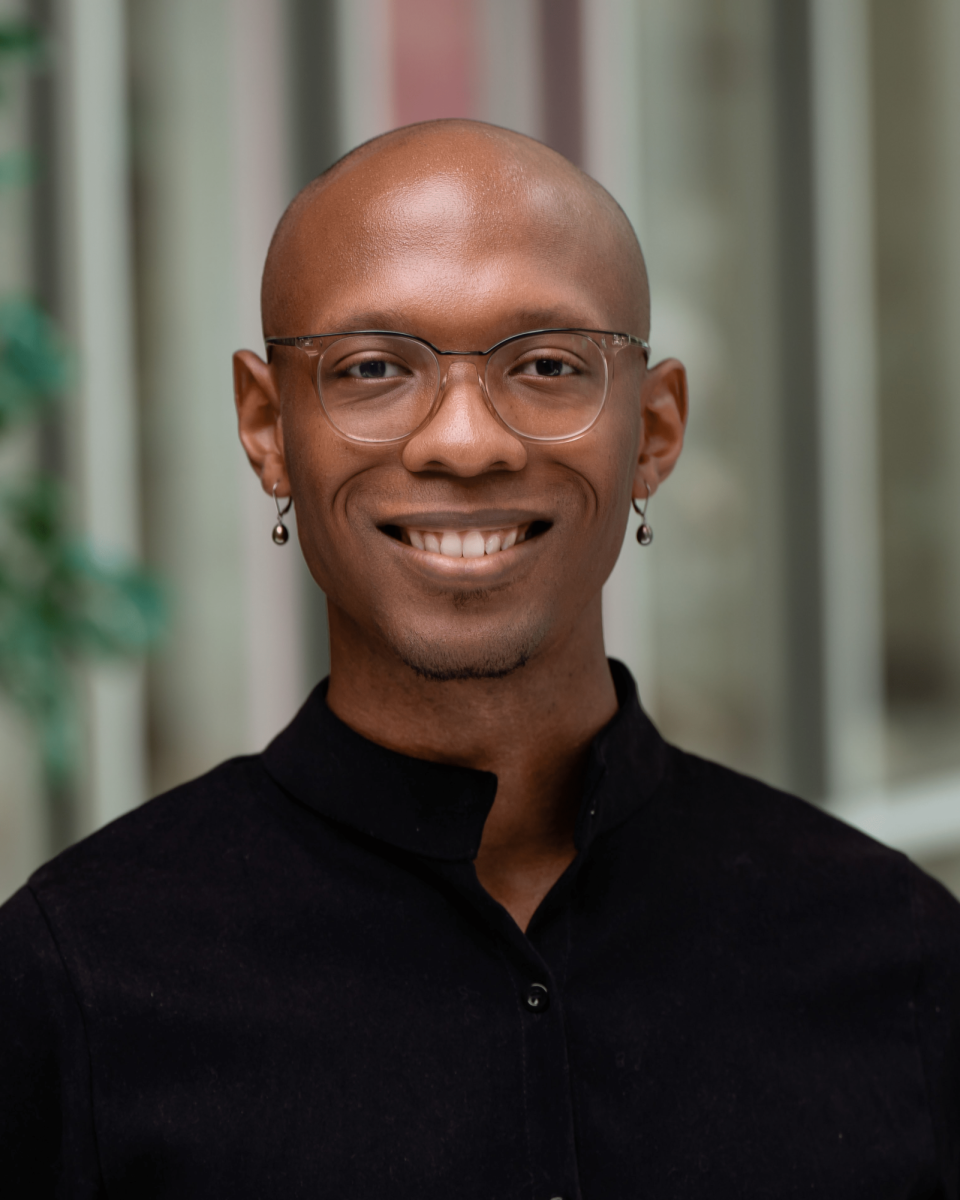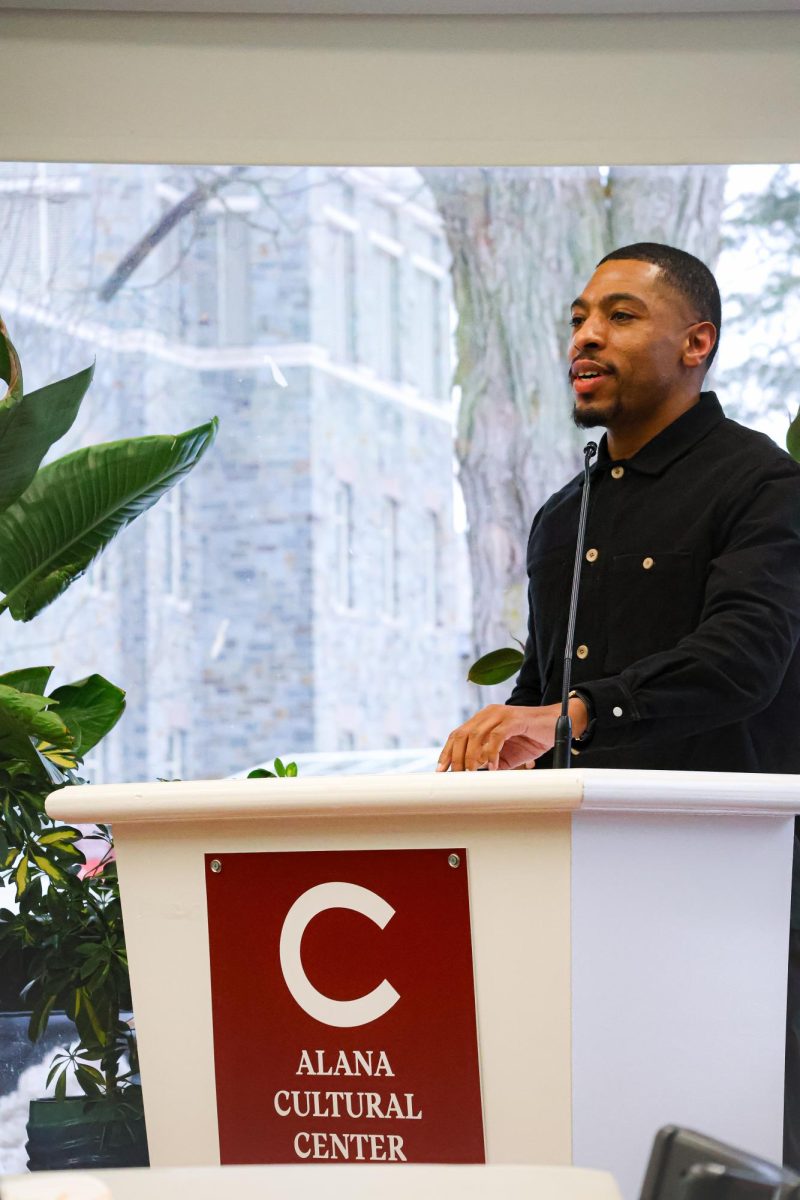Colgate University continued its Passion Project Series on Wednesday, Feb. 14, with an event focused on the value that a liberal arts education can bring to students’ lives after graduation. In an event titled “Defining a Good Life After a Liberal Arts Education,” Colgate’s Director of Equity and Diversity, Amari Simpson, discussed how his time at Middlebury College prepared him to enter postgraduate studies and eventually the workforce.
Simpson’s lecture centered around his experience in his sophomore year seminar, a class that focused on two questions: “What is the value of a liberal arts education?” and “What is a good life, and how do I obtain it?” Within this class, Simpson and his then-classmates were able to discuss the uniqueness of the education they would obtain during their time at Middlebury, while also examining the nuanced experience they were facing and how their diverse backgrounds fit into the makeup of Middlebury’s student body.
Simpson applied his classmates’ ideas to Colgate, elaborating on how Colgate’s holistic approach to education can impact student lifestyles and experiences. Simpson aimed to examine feelings of isolation among students.
“There is a price tag on it, because the way in which education is so uniquely done here, it financially costs a lot to do this,” Simpson said. “Does it take having to be at Colgate, to be isolated in these sorts of ways — are these the only ways to get this education?”
During his time abroad, Simpson began to see more of the importance of the education he was receiving at Middlebury as he contrasted his time overseas with his time spent in Vermont. He explained that Middlebury provided students with more empowerment and that the college had more accountability as compared to larger universities.
“Middlebury provided multiple modalities of seeing where your grade goes, like participation, attendance, essays [and] tests,” Simpson said. “Abroad, our entire grade was tests. I knew people who only attended syllabus days.”
Simpson completed his talk by discussing the value of his sophomore seminar. His experience within this class illuminated how he had gained knowledge of not only what to think, but also how to think from various perspectives. The influence of this class, along with that of the alumni bases that are present at liberal arts institutions, helped him to feel prepared to navigate the post-grad world.
“You aren’t alone — there are people before you who pursued your major, and there will be people after you. You have the fail-safe of this community,” Simpson said.
Sophomore Mary Powell enjoyed Simpson’s discussion about how the idea of a comfortable life after graduation is subjective.
“One thing that stuck with me was the reminder to set your own definition of what a good life looks like, because it looks different for everyone,” Powell said.
Sophomore Katrina Christopher enjoyed Simpson’s perspective and how he encouraged those in attendance to reflect on this in their own time.
“I think it’s always nice to hear from different individuals [about] what they got out of their liberal arts education. [Simpson] made it clear that this manifests in different ways for everyone,” Christopher said. “[Simpson] gave us his own opinions but also left a lot of room for us to form our own.”















